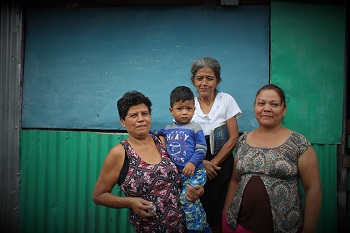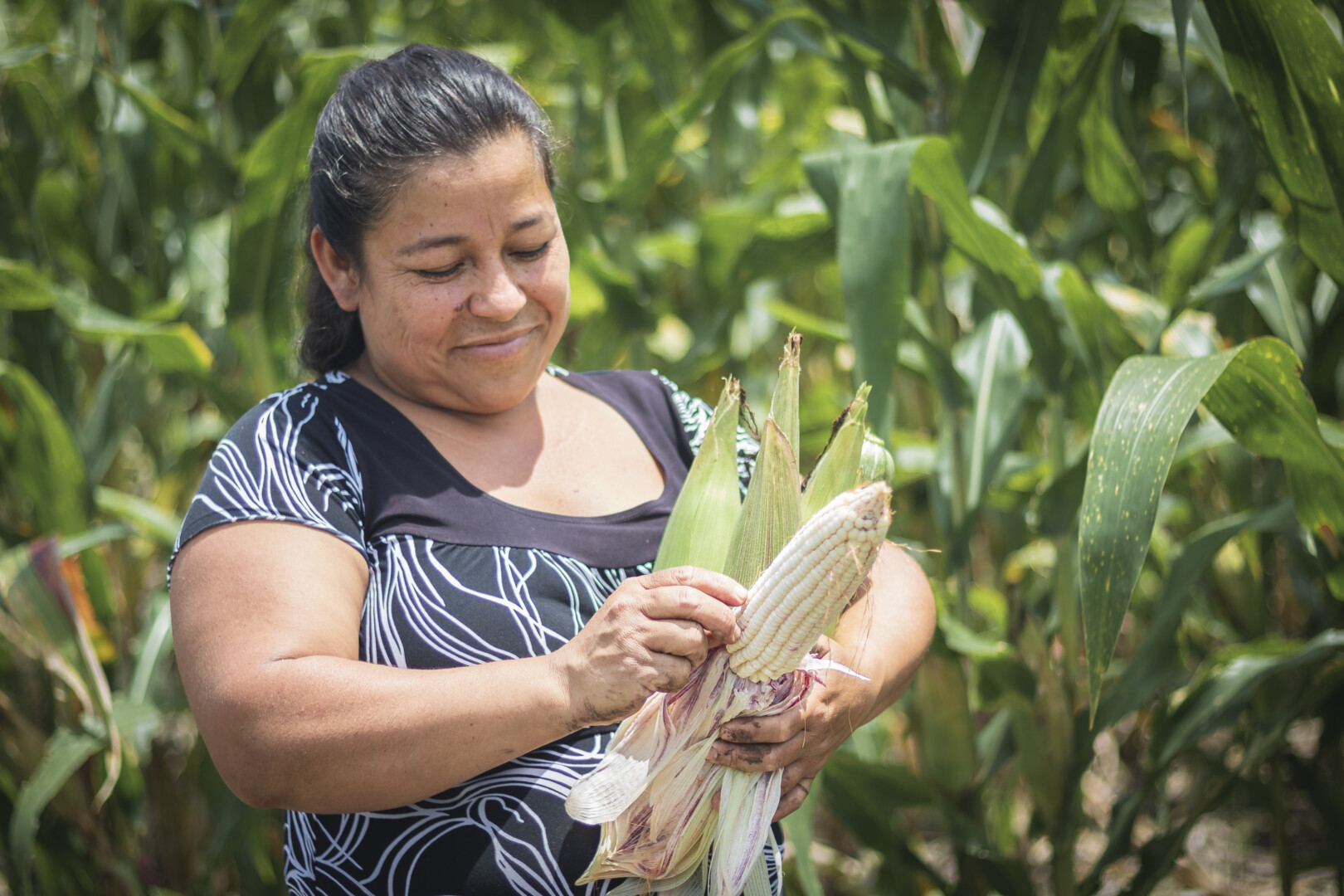
We Effect supports local housing cooperatives where members build homes according to a cooperative housing model that focuses on self-determination, joint construction and collective ownership. The cooperatives lobby decision-makers to push for the approval of new housing laws that facilitate more equitable access to housing.
We Effect also supports local farmer organizations and cooperative associations, building capacities so that they can better defend their interests and demand better conditions for production and commercialization. In El Salvador, We Effect works on the principle of fair resource allocation, ensuring that at least half of our aid targets women.

